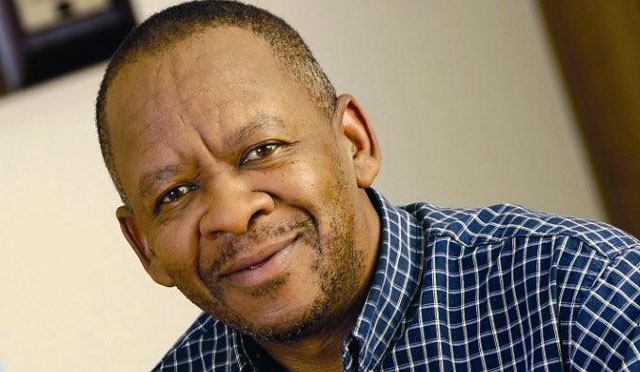
MultiChoice has come out swinging against Caxton after the newspaper publisher and two public broadcasting advocacy groups accused the pay-television operator of concluding a deal with the SABC that constituted a merger and not seeking the necessary regulatory approvals.
Caxton, along with the SOS Coalition and Media Monitoring Africa, are challenging the deal, for the supply by the SABC to MultiChoice of two TV channels, which, critics say, led to the public broadcaster abandoning its support of set-top box encryption for digital TV.
The parties contend that the SABC “effectively ceded its power to determine its policy on set-top box control to a commercial broadcasting entity that is also its competitor”.
Describing Caxton’s allegations as “far fetched”, MultiChoice has called for an application Caxton made to the Competition Tribunal challenging the deal to be dismissed.
“Caxton has complained that the agreement with the SABC is a ‘merger’ and puts us in a position to influence SABC policy, particularly on encrypting its broadcasts during the digital migration process,” MultiChoice said in a statement on Monday. It said it submitted an affidavit to the tribunal on Friday, 17 April.
“We totally reject the allegations and the misrepresentations they’re based on,” said MultiChoice executive chairman Nolo Letele in the statement.
“There’s simply no basis to suggest that there is anything wrong with our relationship with the SABC. The truth is that this is a standard commercial agreement for the supply of two television channels — a news channel (already on DStv) and an entertainment channel (which will be added shortly).
“We have the same kind of agreement with dozens of other channel suppliers, locally and internationally,” Letele said.
“It’s also standard practice to commission and license new channels. So there’s no way this can be described as a ‘merger’ that needs approval by the competition authorities,” he said.
“It’s also not true to say we’ve influenced the SABC’s position on encryption. The SABC has taken different positions on encryption at different times during the digital migration process for reasons unrelated to the agreement with MultiChoice. However, before the agreement with MultiChoice was concluded, the SABC was opposed to encryption,” Letele said.
Caxton, Media Monitoring Africa and the SOS Coalition have three main concerns with the deal.
Firstly, they argue that the SABC handed over power and control of its archives to MultiChoice.
Secondly, they say the SABC effectively ceded its power to determine its policy on set-top box control to a commercial broadcaster that is also a competitor.
Lastly, for a future channel to be developed by the SABC, they say MultiChoice may veto some programmes and select only the best ones to be broadcast exclusively on the SABC-MultiChoice platform. — © 2015 NewsCentral Media




